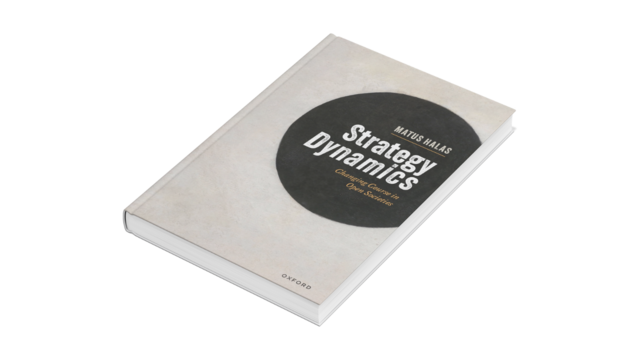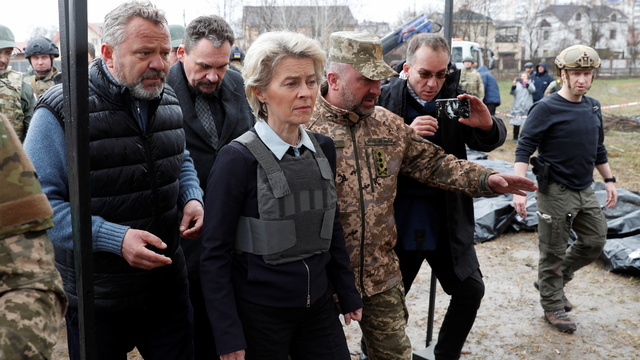Anxiety geopolitics: Hybrid warfare, civilisational geopolitics, and the Janus-faced politics of anxiety
In their recent article published by renowned Political Geography, Jan Daniel and Jakub Eberle explain the nature of the relationship between anxiety, geopolitics, and the Czech discourse on hybrid warfare. Why the concept of hybrid warfare fails to make us more secure?
Working at the intersection of political geography and international relations, this article does two things. First, it theorises the relationship between geopolitics and anxiety. Second, it uses this conceptual lens to analyse and critique the discourse of 'hybrid warfare'. The conceptual part draws on Lacanian political theory and contributes to critical geopolitics, ontological security studies, and the literature on politics of anxiety. It is built around the notion of anxiety geopolitics, which denotes a discourse that promises to deal with social anxiety by providing geopolitical fixes to it, yet also ultimately fails in doing so.
We then move to argue that ‘hybrid warfare’ is a prime case of such discourse. Using examples from the Czech Republic, we show how the discourse of ‘hybrid warfare’ successfully connects different sorts of anxieties together and creates a sense of ontological security by linking them to familiar East/West civilisational geopolitics that points to Russia as the ultimate culprit. Yet, at the same time, the discourse simultaneously subverts itself by portraying ‘hybrid threats’ as too insidious, invisible and constantly shifting to be ever possibly durably resolved. We conclude that this makes ‘hybrid warfare’ self-defeating, normatively problematic, and strategically impractical.








